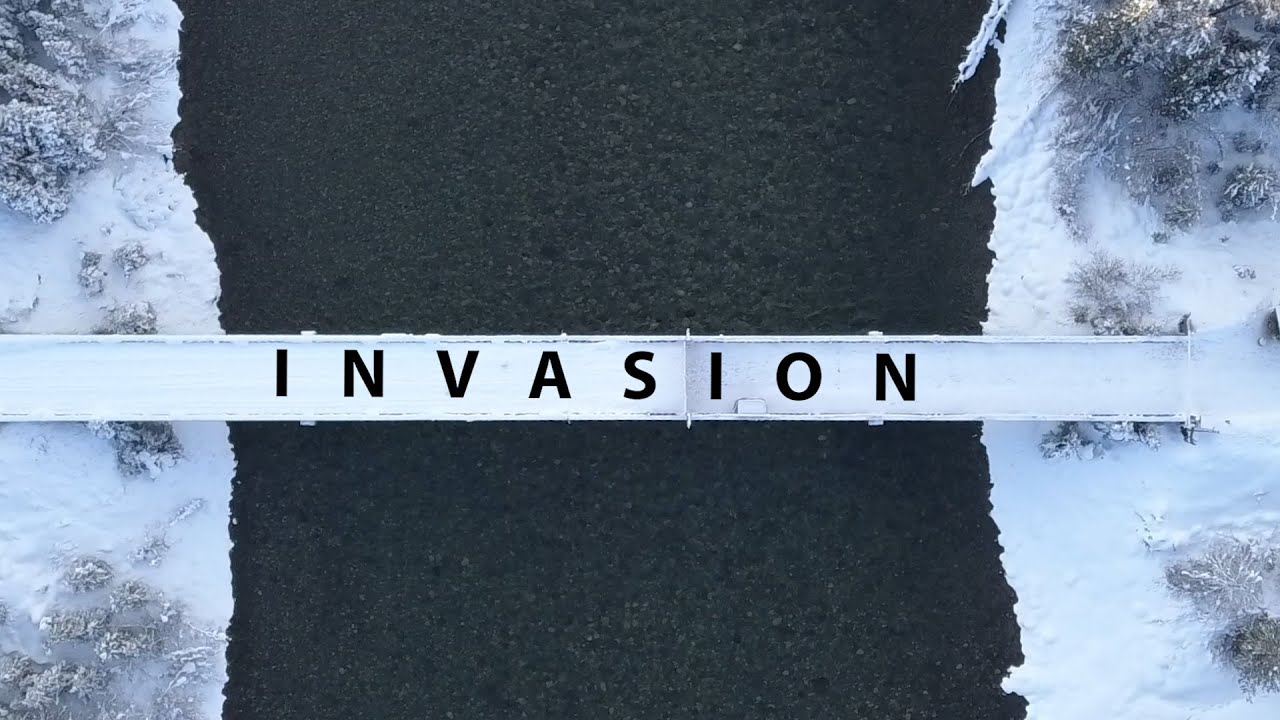Colonialism and Climate Change
Summary
TLDRThis transcript explores the deep-rooted impacts of colonialism on Indigenous peoples and the environment. The speaker highlights how colonization has led to the exploitation of natural resources, causing ecological collapse and climate change. The narrative stresses the need to reconnect with traditional ways of life, in harmony with nature, as practiced by Indigenous communities for thousands of years. The urgency to address the ongoing effects of colonialism and halt destructive practices is central to the speaker’s message, urging a return to sustainable living to preserve the planet for future generations.
Takeaways
- 😀 Indigenous people have a deep connection to nature, having lived in harmony with the land for thousands of years.
- 🌍 Colonialism is rooted in resource extraction, which has led to the destruction of natural environments and contributed to global climate change.
- 🌱 Traditional Indigenous practices, such as giving thanks to the land and using tobacco as an offering, are essential for maintaining balance with nature.
- 🏞️ The extraction of resources, including fossil fuels, mining, and deforestation, is a major cause of ecological collapse and climate change.
- 🌲 Trees play a crucial role in maintaining the planet's health as they act as the 'lungs of the earth,' helping regulate the climate.
- 🌎 Colonialism's effects are not localized but global, with its impact seen in remote regions like the Amazon, the Himalayas, and the Australian Outback.
- 💔 The global education system has spread colonial values, further embedding resource extraction practices in communities around the world.
- ⚖️ The capitalist system, rooted in colonialism, promotes endless resource extraction without considering the long-term environmental consequences.
- 🛑 The destruction of forests, especially in Canada, is accelerating climate change, with significant ecological consequences such as extreme weather events and floods.
- 💪 To address these issues, it is crucial to challenge government policies that allow environmental destruction and work towards restoring ecosystems to their former state.
Q & A
What is the core belief expressed about the relationship between people and nature?
-The speaker emphasizes that Indigenous peoples are inherently connected to nature. They believe they are part of the land and that their existence on Earth is eternal, having been here long before colonization began.
What critique is offered regarding the corporate world and government systems?
-The speaker criticizes the corporate world and current governments, arguing they believe they own the land and its people, which is incorrect. These systems have led to environmental destruction and public health issues.
How does the speaker describe the impact of colonialism on natural resources?
-Colonialism is described as being deeply tied to resource extraction. Colonizers were driven by the need to extract resources from the land, leading to environmental degradation, ecological collapse, and the perpetuation of harmful capitalist practices.
Why is resource extraction linked to climate change in this script?
-Resource extraction, a byproduct of colonialism, is directly linked to climate change because it leads to deforestation, fossil fuel development, and mining. These practices destroy ecosystems, contributing to the ongoing environmental crisis.
What role do trees play in climate stability, according to the speaker?
-Trees, particularly in prairies and rainforests, are described as the 'lungs of the Earth.' They are essential for the health of the planet, as they help regulate air quality and stabilize the climate by absorbing carbon dioxide.
How does the speaker view Canada’s environmental policies?
-The speaker views Canada as a major colonial power that continues to extract resources unsustainably. This ongoing extraction has led to significant ecological collapse and failure of essential environmental systems like hydrology.
What is said about the globalization of Western education and its impact on colonization?
-The speaker mentions that Western education has played a crucial role in spreading colonization globally, reaching even the most remote places such as the jungles, mountains, and deserts. This process of globalizing Western ideals has helped perpetuate colonial systems.
Why is it important to link colonization to climate change solutions?
-The speaker argues that any meaningful solution to climate change must address the root cause of colonization. Since colonization is tied to the exploitation of the land and resources, understanding this connection is key to solving environmental issues.
What does the speaker suggest as a solution to the environmental issues caused by colonialism?
-The speaker suggests that communities must push their local governments to stop issuing permits for resource extraction and allow forests and ecosystems to regenerate. The aim is to return to a way of life that respects the land and its natural systems.
What are the broader implications of colonization on Indigenous peoples and their way of life?
-Colonization has deeply impacted Indigenous peoples, disrupting their connection to the land, traditions, and the environment. The speaker stresses that returning to traditional practices is vital for healing the land and preserving the way of life that has existed for thousands of years.
Outlines

此内容仅限付费用户访问。 请升级后访问。
立即升级Mindmap

此内容仅限付费用户访问。 请升级后访问。
立即升级Keywords

此内容仅限付费用户访问。 请升级后访问。
立即升级Highlights

此内容仅限付费用户访问。 请升级后访问。
立即升级Transcripts

此内容仅限付费用户访问。 请升级后访问。
立即升级浏览更多相关视频

An Overview of Indigenous Education & Enlightenment

Land Grabs

Beyond Unceded Territories (includes both French and English subtitles)

Indigenous activists on tackling the climate crisis: 'we have done more than any government'

Indigenous Knowledge to Close Gaps in Indigenous Health | Marcia Anderson-DeCoteau | TEDxUManitoba

INVASION
5.0 / 5 (0 votes)
